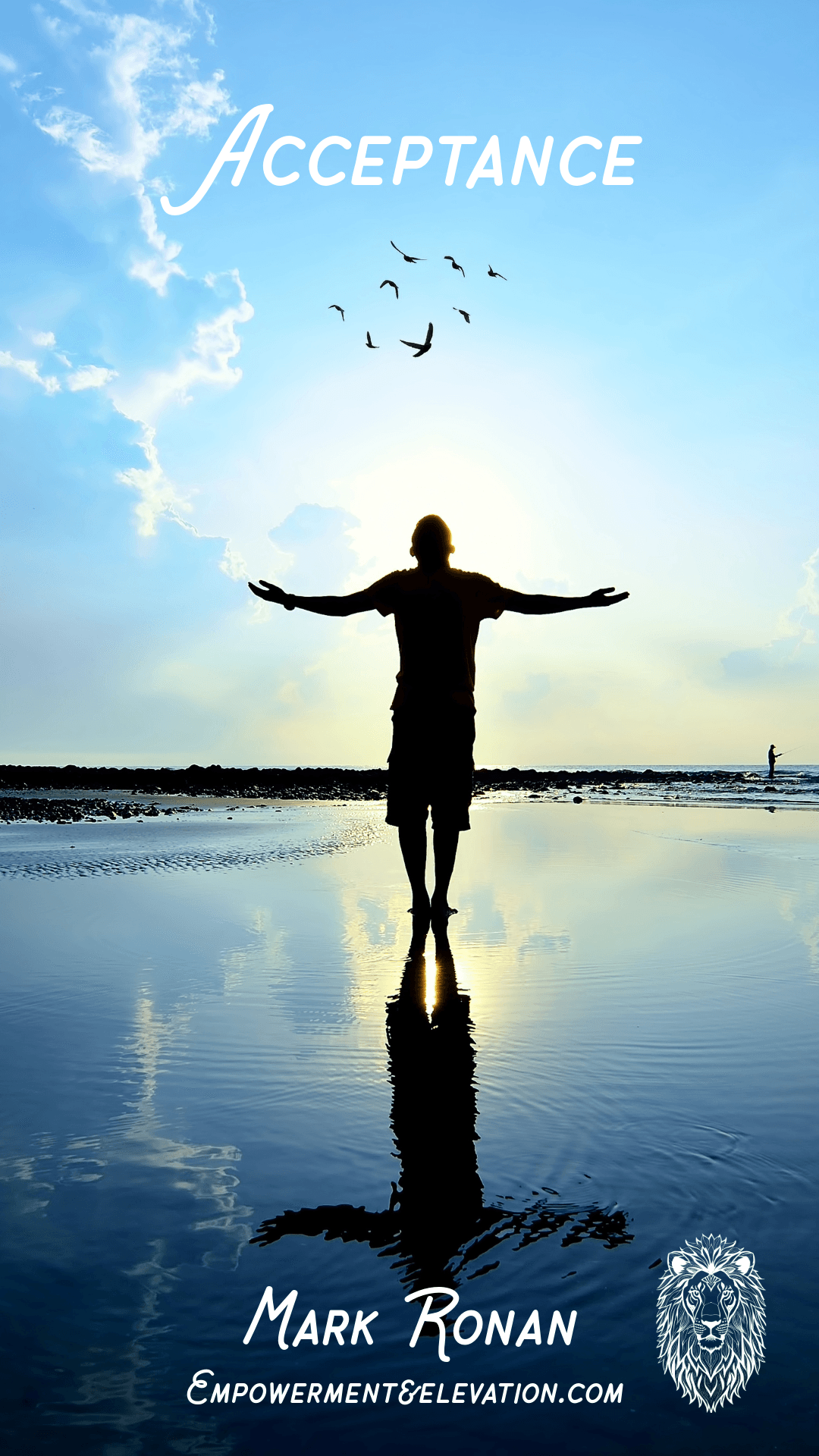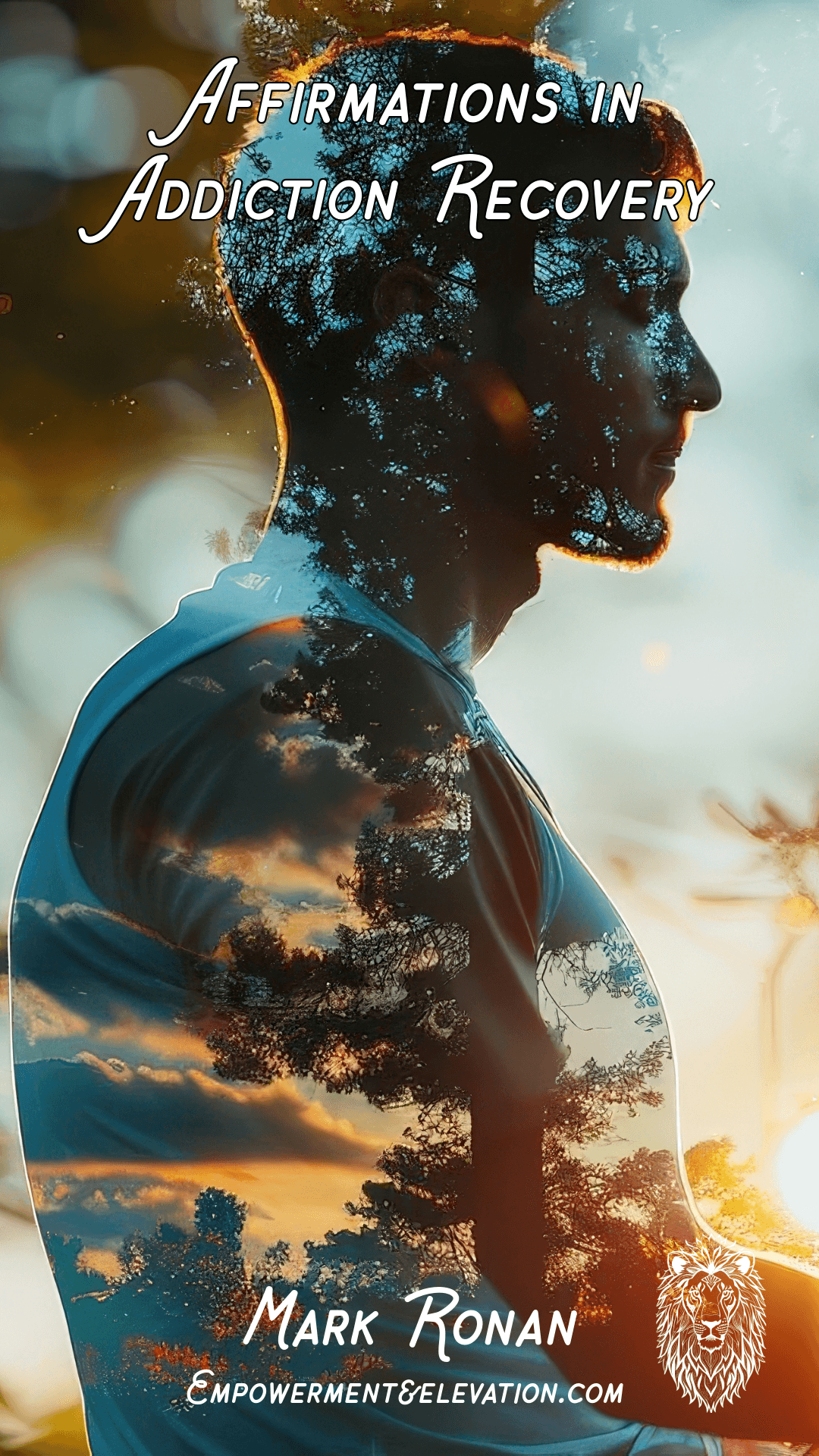Navigating Invisible Hurdles: Unmasking Hidden Triggers in Recovery
Hidden triggers in addiction recovery don’t announce themselves—they lie beneath the surface, waiting to pull you back when you least expect it. You’ve fought hard for your sobriety, but these silent hurdles can erode your progress if left unrecognised. Mark Ronan’s Empowerment Pathway offers clear steps to spot and overcome these challenges, guiding you from survival toward true self-mastery. Let’s break down what these hidden triggers look like and how you can face them head-on. For more information, visit SAMHSA.
Recognising Hidden Triggers

Understanding hidden triggers is crucial to maintaining sobriety. They often lurk in the shadows, waiting to derail your progress. Let’s explore how these triggers manifest and how you can identify them.
Identifying Personal Patterns
Your past holds the clues to your triggers. Think about the times you’ve faced setbacks. Was there a pattern to your actions or feelings leading up to those moments? Perhaps certain people or places are linked with past use. By examining your history, you can uncover these patterns. Keep a journal to track your feelings and experiences. This tool helps you spot recurring themes and moments of vulnerability.
Breaking the cycle requires awareness. Once you know your triggers, you can prepare for them. It’s like mapping out a storm before it hits. You’re not caught off guard. You have a plan. Most people think they can rely on willpower alone, but recognising patterns gives you a strategic advantage.
Emotional and Environmental Cues
Emotions play a powerful role in triggers. Stress, loneliness, or even happiness can prompt cravings. It’s not just about avoiding negative feelings—sometimes, positive ones can be just as tricky. For instance, celebrations might tempt you back into old habits.
Think about your environment, too. Is there a place that reminds you of your past? Perhaps a scent or sound that brings back memories? These cues can be subtle but strong. Identifying them can help you create a safe space in your life. Remember, you’re not just avoiding a relapse; you’re building a life where those triggers lose their power.
Strategies for Overcoming Triggers

Now that you know what triggers to watch for, it’s time to arm yourself with strategies to overcome them. These tools are vital for protecting your path to self-mastery.
Building Emotional Resilience
Emotional resilience is your shield against triggers. It’s about handling life’s ups and downs without turning to old habits. Start by recognising your emotions. Are you feeling anxious? Angry? Identifying these feelings is the first step to managing them.
Develop healthy outlets. Exercise, meditation, or even a hobby can redirect energy positively. Practice self-compassion. Understand that setbacks happen, but they don’t define you. Most people think they need to be perfect, but learning from mistakes builds strength. Resilience grows when you face challenges head-on, knowing you have the tools to overcome them.
Practical Tools for Daily Use
Daily tools keep you grounded. Begin with a routine. Structure provides stability and reduces uncertainty. Set small, achievable goals. They give you a sense of progress and control.
Mindfulness practices, like deep breathing or journaling, help keep you present. They prevent you from spiralling into past regrets or future worries. These tools aren’t just about avoiding triggers—they’re about enhancing your daily life. When you focus on small, consistent actions, you build a strong foundation for long-term success.
The Empowerment Pathway to Self-Mastery
Mark Ronan’s Empowerment Pathway offers a clear route from recovery to self-mastery. It’s designed to provide the support and guidance you need.
Structured Support and Guidance
The Empowerment Pathway isn’t just a program—it’s a lifeline. It offers structured support at every stage of recovery. From understanding yourself to nurturing relationships, each step is crafted with care. The program breaks down overwhelming tasks into manageable steps.
You’re not alone on this journey. The guidance provided helps you face each challenge with confidence. It’s about rebuilding trust in yourself and the process. Many people fear change, but with a structured path, change becomes an ally, not an enemy.
Mark Ronan’s Insights and Experience
Mark Ronan’s insights come from a place of authenticity. Having walked the path of recovery himself, his experience is invaluable. He understands the struggle and the triumph. Through the Empowerment Pathway, he shares this wisdom, guiding you toward a life of purpose and fulfilment.
Mark’s approach combines personal stories with practical advice. It’s about learning from someone who’s been there. His insights remind you that change is possible. With dedication and the right tools, you can achieve self-mastery. You’re not just surviving; you’re thriving.
In conclusion, recognising and overcoming hidden triggers is a vital part of your recovery journey. With the right strategies and support, you can navigate these hurdles and move towards a life of self-mastery. Remember, each step you take is a testament to your strength and resilience.



